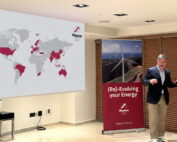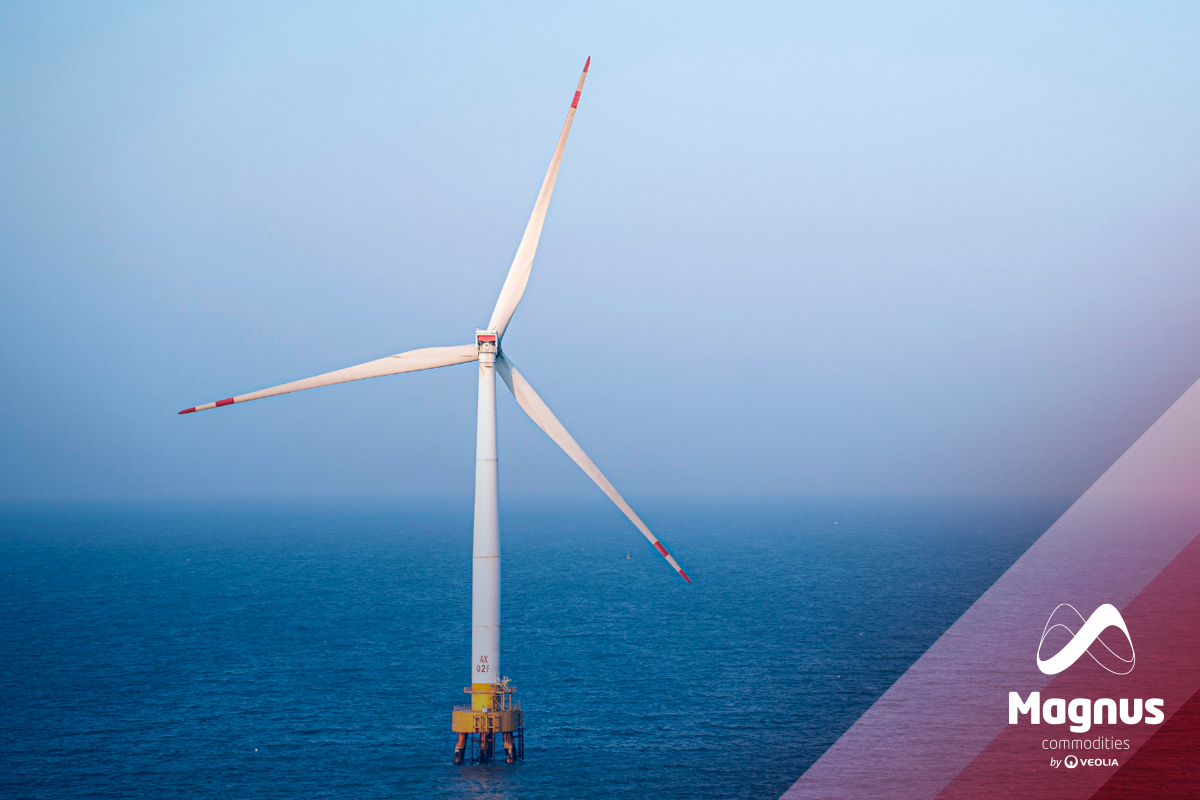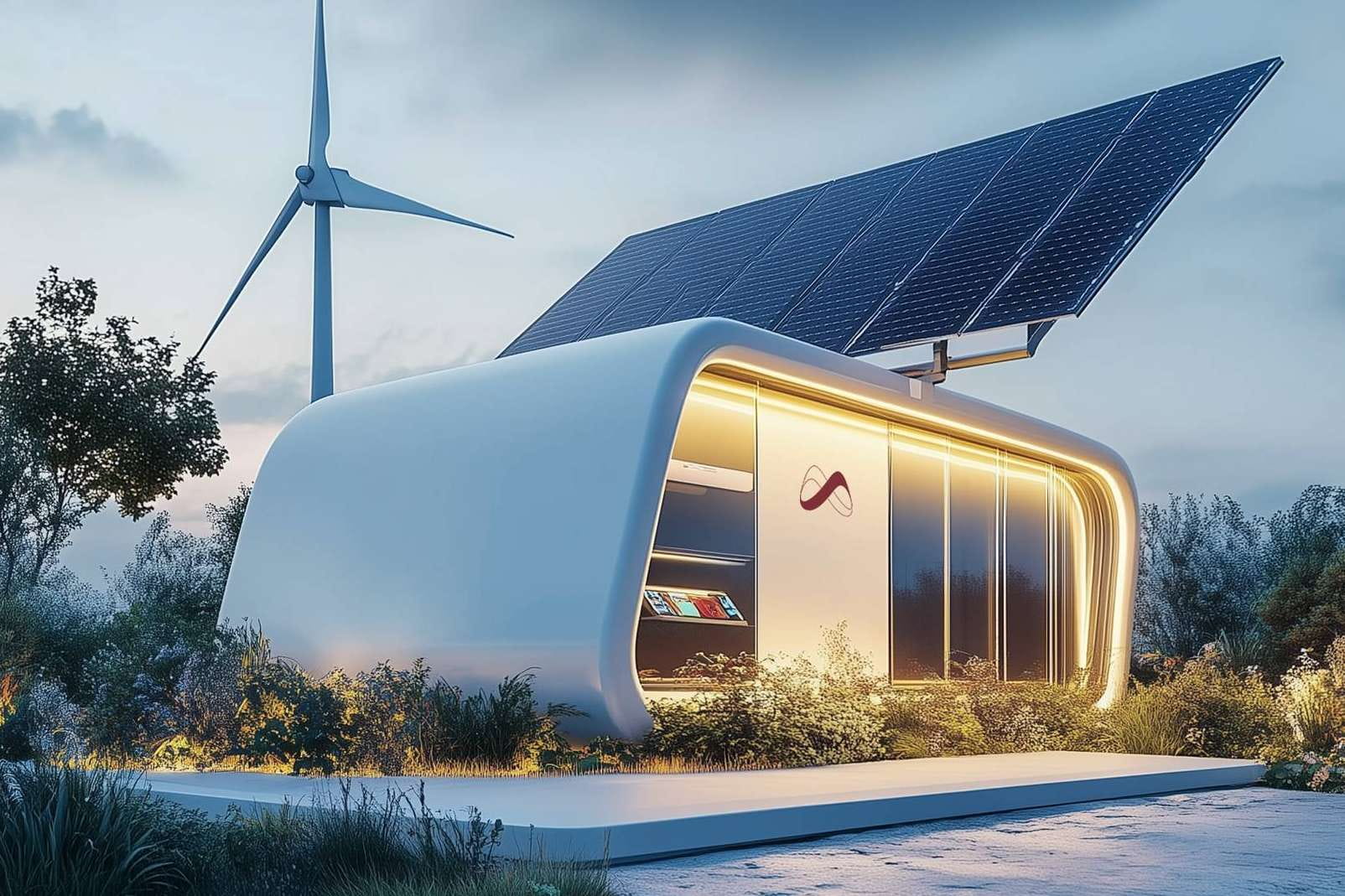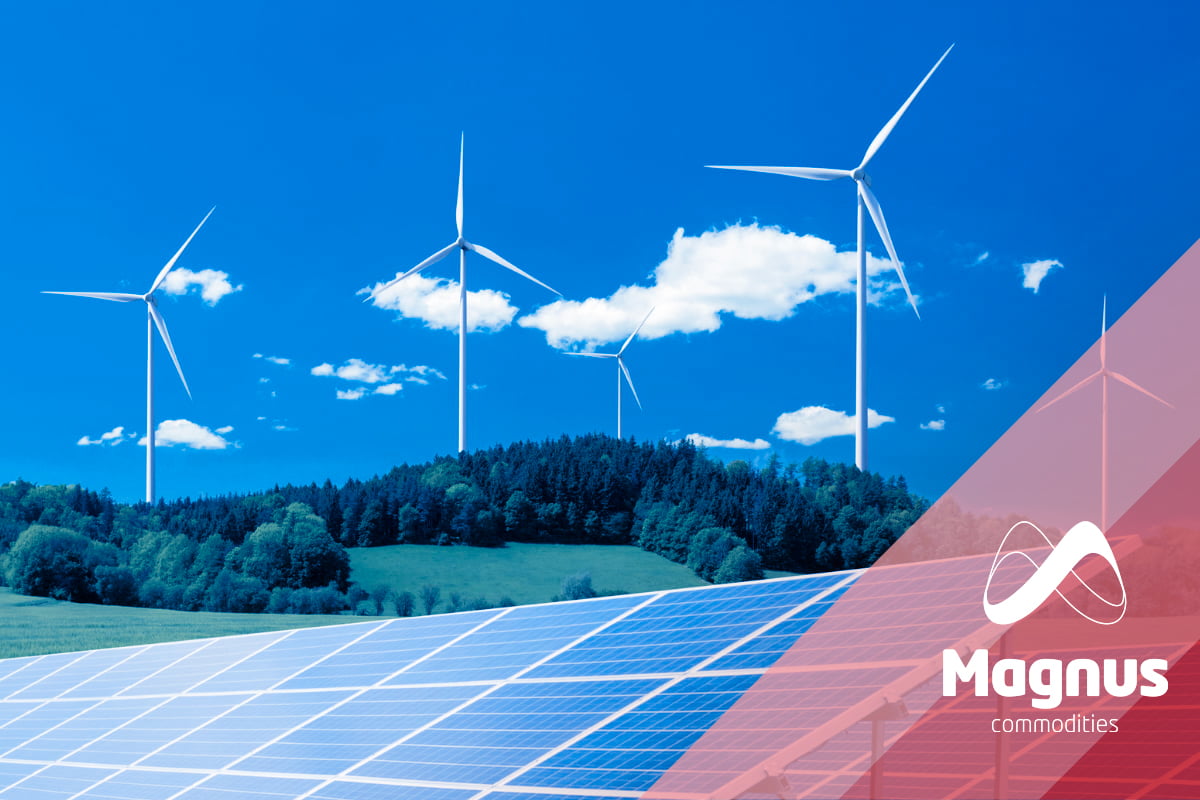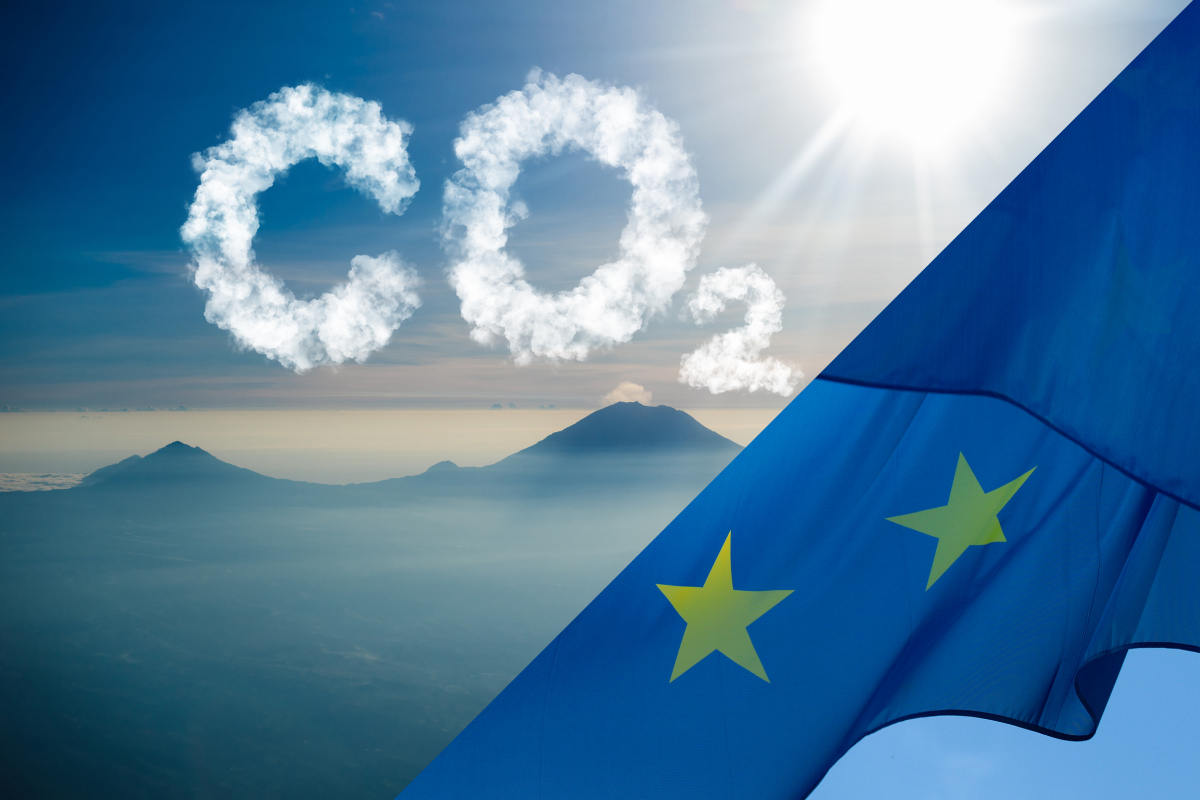
The month of June started in a very lively political atmosphere. As a result of a conviction against the Popular Party in the Gürtel case, Pedro Sanchez has become president of the government after the approval of a motion of censure against former president Mariano Rajoy. This has happened in the middle of the mandate, two years before the next elections. Just after the first signs of economic recovery from the crisis of recent years, we are returning to political instability, with a much weaker majority and in a contest where the support of parties with much more diversified plans is strongly needed.
At Magnus, we would like to assess how this government transition will affect the energy sector: what are the new government’s plans with respect to the energy sector? how will it affect the instability of energy policies? and what will happen to the generation mix?
In order to fulfill its mission, the Socialist Party has put Teresa Ribera in charge of the category, as minister for the Ecological Transition. The truth is that the ministry’s title already gives us some clues as to where the shots might go, but we will go into detail on the party’s approach and the issues that are most pressing now.
Climate Summit – Paris Accord
In Spain, we have yet to define the transition from the European Directive on Climate Change, in which Europe committed itself to reducing its greenhouse gas emissions by at least 40% in 2030 vs. 1990. So, in this section we have homework to do if we want to reach the established goal. In the case of Spain, as we mentioned in a previous edition of Magnus blog, the European Parliament set the target at 26% lower than in 2005. We have until the end of the year to present a plan and everything points to the fact that the direction of the new government will be different from that of the previous approach.
Tax on electricity production – “Tax on sunshine”.
During the debate on the motion of censure, Pedro Sanchez already announced that he would start with the measures that had the greatest parliamentary consensus, eliminating the “tax on the sun” (all voted in favor, except PP), so that some of the first movements could try to promote electricity self-consumption.
Future or not of coal
On this point the position of the previous government has been somewhat ambiguous, without making it very clear whether they proposed the closure of coal-fired power stations. However, the measures taken have been to tighten the closure conditions for the plant managers. These measures will have to be finalized during the new legislature.
In order to comply with European regulations, in the next two years they will have to close all those plants that depend on public aid and those that have not carried out any work to reduce emissions. In addition, the EU is planning a carbon-free economy in 2050.
End of nuclear power plants
With respect to the nuclear program, the Socialist Party presented a clear proposal for the closure of power stations after 40 years of useful life. If this would take place we would be talking about the closure of all power stations in only 10 years (2028).
A somewhat ambitious measure considering that:
- A decommissioning plan, with the cost and time evaluations involved has not been drawn up (we would have less than 10 years).
- A nuclear waste plan with sufficient capacity has not been drawn up.
- It currently ensures a base load of approximately 20% of the system demand.
- There is no technology available to replace all nuclear capacity at all times of the year (until batteries are available to store energy: renewables participate in X number of hours and they alone do not allow for stability of supply).
Furthermore, the experts indicate that the plants could extend their useful life for another decade without the need for a large investment and ensuring security of supply, thus allowing the plants to be dismantled in a more phased manner and making the management of decommissioning more sustainable. However, if they decide on the latter option, it is essential to review the tax burden on managers, as some argue that it is not profitable for them at the moment. (For further information, see the entry ‘The nuclear issue...’)
In any case, it is another of the hot spots on which the new government is going to have to define itself in the short term.
What awaits us with the new government?
There are many issues on which you will have to take action, those mentioned above, but there are many other issues on the table on which you will have to take a position, how will you continue to take on the tariff deficit and will there be restructuring on the “tailor’s box” that represents the ATR (Third Party Network Access) charges?
So far, they’ve already made a first move this week. The minister approved an order annulling the resolution of the previous government on the new rules of the day and intraday market, giving priority to the rules defined by the CNMC before those proposed in parallel by Nadal.
Now there is no longer anything left to do but hope and pray for the same old, efficient, and sustainable energy policies that will give operators confidence. We lose competitiveness against European markets if short-term and populist measures are taken. Finally, the greater the diversity of plant managers, the greater the participation, the greater the competition.
If you found it interesting, please share it!
Recent Articles




